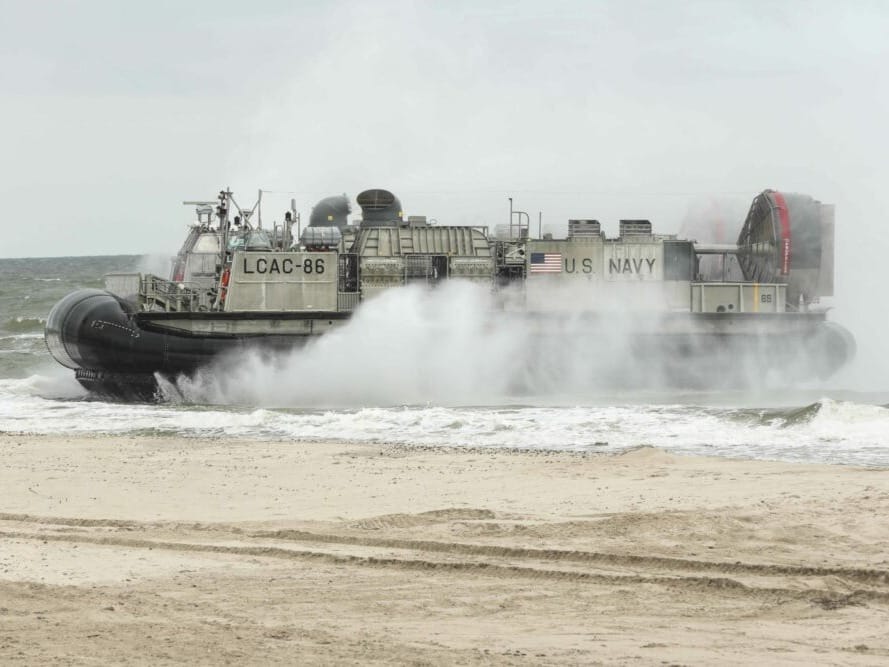As a harbinger of an American-led international order, the North Atlantic Treaty Organization is caught in the crosshairs of U.S. President Donald Trump's impulsive policies seeking to tear down and fundamentally realign global politics and economics, experts said.
After calling NATO “obsolete” during his campaign for the White House, even suggesting America might not defend the alliance's members if they were attacked, Trump arrived at the start of a two-day NATO summit hammering away at traditional U.S. allies to pressure them into spending more on defense.









